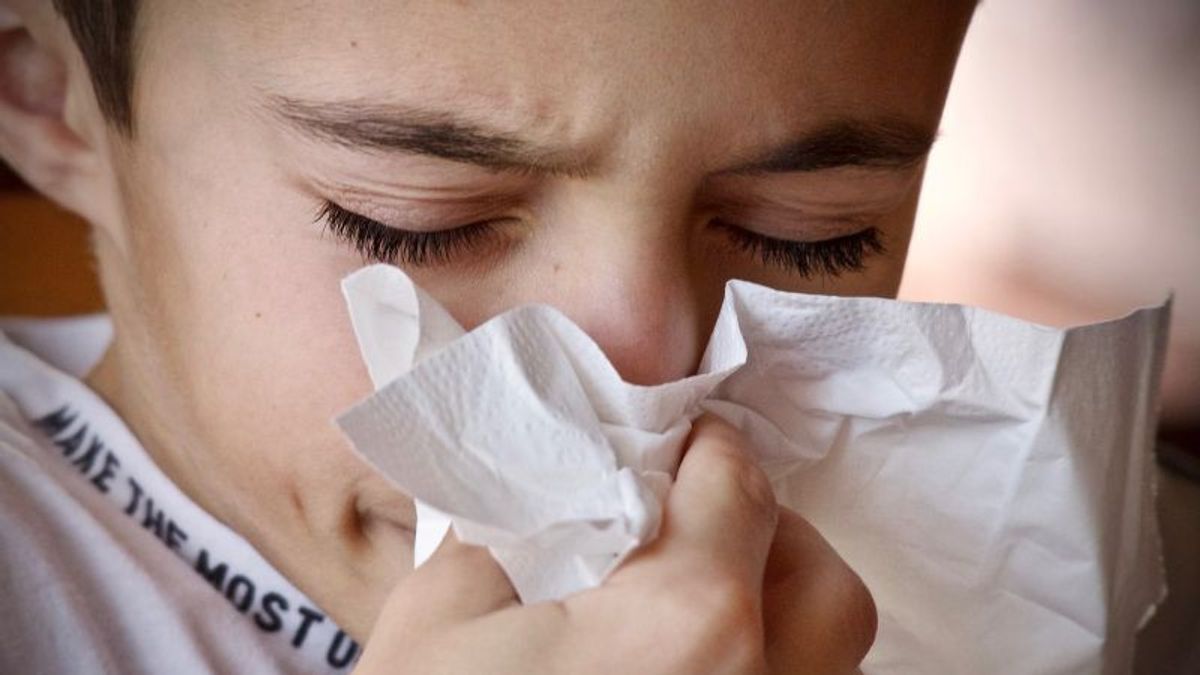JAKARTA - Children with more allergies in urban areas than rural ones. This happens because it relates to the level of hygiene of their population. Excessive level of hygiene will increase the potential for allergies in a person's body.
"The current rate of allergic events is generally increasing, especially in developed countries compared to developing countries. Likewise in a country, events are increasing in urban areas rather than rural ones. Why? This is called hygiene hypothesis," said the pediatrician of the allergy consultant and immunology Prof. Dr. Budi Setiabudiawan, dr., Sp.A(K), M.Kes., quoted from ANTARA, Thursday, April 13.
In a relatively cleaner developed country, Budi said the population is rarely infected. Thus, cells that will be aroused to grow more are T cells that play a role in the allergic mechanism compared to T cells to fight infection.
On the other hand, in developing countries where there are many infections, said Budi, the cells that are aroused to grow more are T cells to fight infections.
"Likewise in urban and rural areas. In rural areas, children play outside more often, they often play with their friends, so they encounter more germs. So what is aroused is T cells for infections so that they pressure T cells for allergic events," said Budi.
"If not in the city, children play more at home, play games, and their mother is not allowed to go outside, so they are not aroused by T cells for infection and T cells for allergic events increases," he continued.
SEE ALSO:
Budi also reminded that allergies can have an unwanted impact on children's health and growth and development if they are not diagnosed from the start and are given the right implementation.
For that, it is important to know whether children have allergic talent or not. The risk of allergies itself will be higher if there is a history of allergies in the family.
In addition, parents also need to pay close attention to the symptoms of allergies in children. The most common symptoms include diarrhea, constipation, regulation, vomiting, blood pressure, rashes, lip swelling and eczema, and eczema. Other symptoms can also be in the form of colic, urticarial, asthma, rinitis, to anaphylaxis.
If the child experiences these symptoms, Budi urges parents to immediately confirm whether the symptoms appear due to allergies or other diseases, by consulting a doctor.
"If we are diagnosed late so that the implementation is not optimal, the child will be disturbed by the growth and development. But if we determine whether this child is allergic as early as possible or not so that optimal implementation is carried out, then the child will continue to grow and develop normally," said Budi.
The English, Chinese, Japanese, Arabic, and French versions are automatically generated by the AI. So there may still be inaccuracies in translating, please always see Indonesian as our main language. (system supported by DigitalSiber.id)


















